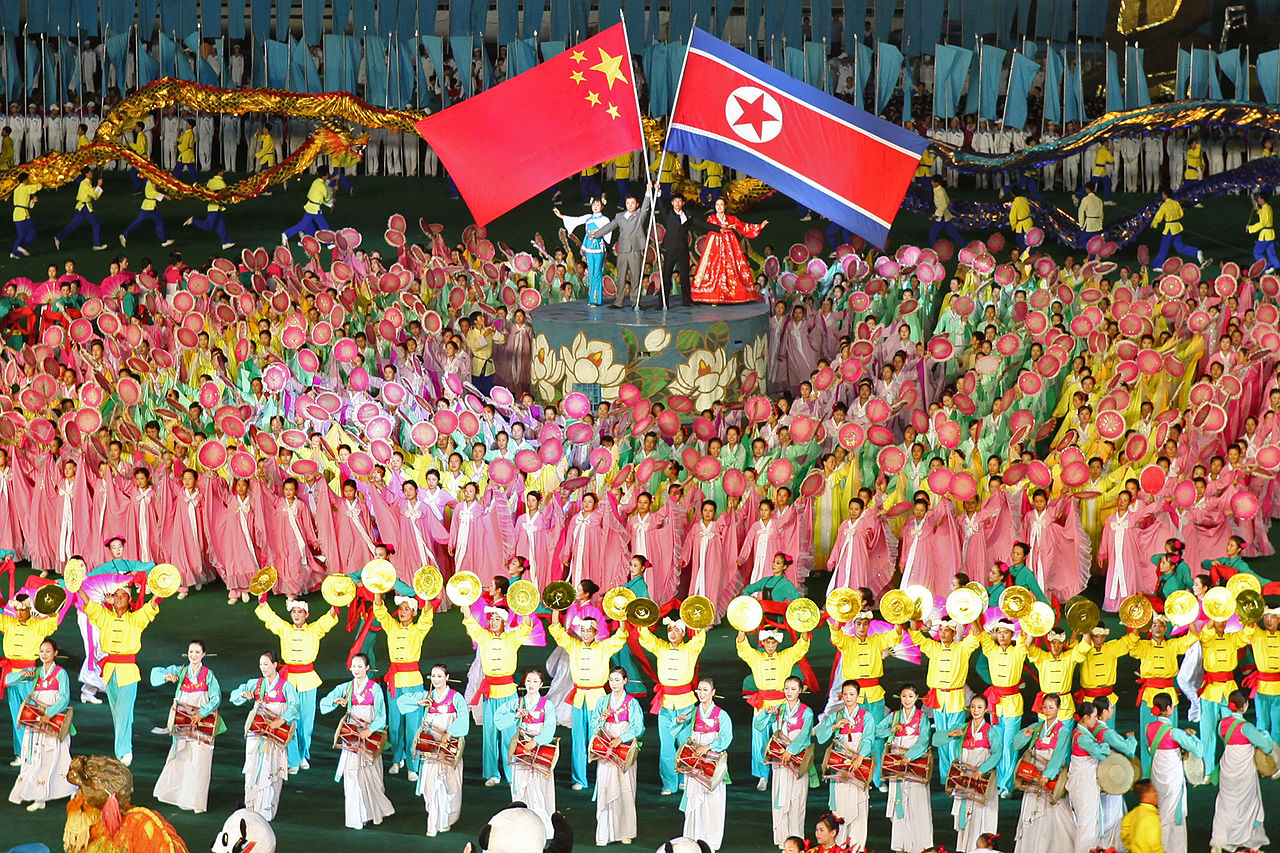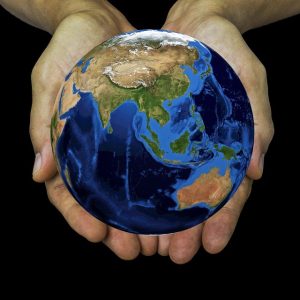
A:
The Juche ideology is the cornerstone of party works and government operations in North Korea.
It is viewed by the official North Korean line as an “embodiment of Kim Il-sung’s wisdom, an expression of his leadership, and an idea which provides a complete answer to any question that arises in the struggle for national liberation”. Juche was pronounced in December 1955 in order to emphasise a “Korea-centred” revolution. Its core tenets are economic self-sufficiency, military self-reliance and an independent foreign policy. The roots of Juche were made up of a complex mixture of factors, including the cult of personality centred on Kim Il-sung, the conflict with pro-Soviet and pro-Chinese dissenters, and Korea’s centuries-long struggle for independence.
Juche was initially promoted as a “creative application” of Marxism–Leninism, but in the mid-1970s, it was described by state propaganda as “the only scientific thought… and most effective revolutionary theoretical structure that leads to the future of communist society”. Juche eventually replaced Marxism–Leninism entirely by the 1980s, and in 1992 references to the latter were omitted from the constitution. The 2009 constitution dropped references to communism and elevated the Songun military-first policy while explicitly confirming the position of Kim Jong-il. However, the constitution retains references to socialism. Juche’s concepts of self-reliance have evolved with time and circumstances, but still provide the groundwork for the spartan austerity, sacrifice and discipline demanded by the party.
According to multiple sources:
“North Korea functions as a highly centralised, one-party state. According to its 2016 constitution, it is a self-described revolutionary and socialist state “guided in its activities by the Juche idea and the Songun idea”. In addition to the constitution, North Korea is governed by the Ten Principles for the Establishment of a Monolithic Ideological System (also known as the “Ten Principles of the One-Ideology System”) which establishes standards for governance and a guide for the behaviors of North Koreans. The Workers’ Party of Korea (WPK) has an estimated 3,000,000 members and dominates every aspect of North Korean politics. It has two satellite organisations, the Korean Social Democratic Party and the Chondoist Chongu Party which participate in the WPK-led Democratic Front for the Reunification of the Fatherland.”




